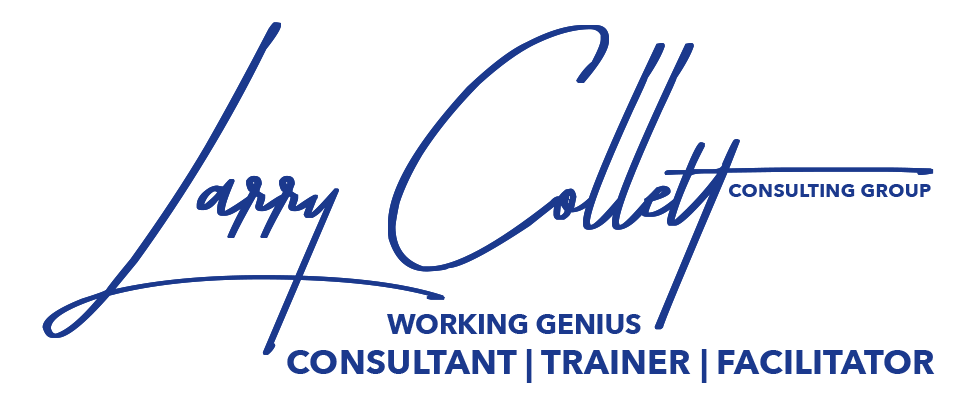Understanding the Impact of Team Dysfunctions
Recognizing Dysfunctions in a Team
Team dysfunctions can manifest in various ways, such as lack of trust, fear of conflict, lack of commitment, avoidance of accountability, and inattention to results. It’s crucial for team members and leaders to recognize these dysfunctions early on in order to address them effectively.
Impact on Team Dynamics
When team dysfunctions are left unaddressed, they can significantly impact team dynamics and performance. Trust issues can hinder collaboration, unresolved conflicts can create tension, and a lack of commitment can lead to missed deadlines and goals. These dysfunctions not only affect the team as a whole but also impact individual team members.
Addressing Dysfunctions for Team Success
Addressing team dysfunctions requires open communication, trust-building exercises, establishing clear goals and expectations, fostering accountability, and focusing on collective results rather than individual accomplishments. By addressing these dysfunctions head-on, teams can unlock their full potential and achieve greater success.
Building Trust through Open Communication
“`html
Encouraging Transparent Discussions
One key aspect of building trust within a team is to encourage open and transparent discussions. By creating a culture where team members feel safe to express their thoughts and feelings without fear of retribution, you can foster a sense of trust and respect among team members. Encourage team members to share their perspectives, ask questions, and challenge each other’s ideas in a constructive manner.
Listening and Empathy
Active listening and empathy are essential components of open communication and building trust. Team members should practice listening attentively to one another, seeking to understand the underlying concerns and emotions behind each other’s words. By demonstrating empathy and acknowledging each other’s feelings, team members can build stronger connections and trust within the team.
Addressing Issues Promptly
In any team setting, issues and conflicts are bound to arise. To build trust, it is crucial to address these issues promptly and openly. Encourage team members to communicate openly about their concerns and work together to find solutions. By addressing issues in a timely and transparent manner, teams can prevent misunderstandings from escalating and build a foundation of trust based on honesty and integrity.
“`
Fostering a Culture of Accountability
Establishing Clear Expectations
One key aspect of fostering a culture of accountability within a team is to establish clear expectations for each team member. This means clearly defining roles, responsibilities, and objectives so that everyone knows what is expected of them. When expectations are communicated effectively, team members are more likely to take ownership of their work and be accountable for delivering results.
Encouraging Open Communication
Open communication is vital for promoting accountability within a team. Team members should feel comfortable speaking up, sharing feedback, and addressing any issues that may arise. Encouraging a culture of open communication fosters trust among team members and creates an environment where accountability can thrive.
Celebrating Successes and Learning from Failures
Another important aspect of fostering a culture of accountability is to celebrate successes and learn from failures as a team. Recognizing and rewarding achievements helps reinforce accountability and motivates team members to continue performing at their best. Similarly, viewing failures as opportunities for growth and improvement encourages a culture of accountability where team members take responsibility for their actions and work together to overcome challenges.
Embracing Healthy Conflict Resolution
Encouraging Open Communication
Effective conflict resolution starts with encouraging open communication among team members. Create a safe space where individuals can freely express their opinions, concerns, and disagreements. Emphasize the importance of active listening and mutual respect during discussions. By fostering an environment that values open communication, teams can address conflicts more constructively and proactively.
Establishing Clear Processes
To navigate conflicts successfully, it is essential to establish clear processes for resolving disagreements. Define specific steps that team members can follow when conflicts arise, such as escalating issues to a designated mediator or setting up a collaborative discussion. Having a structured approach in place helps prevent conflicts from escalating and promotes a sense of fairness and transparency within the team.
Promoting a Growth Mindset
Encouraging a growth mindset among team members can significantly impact how conflicts are approached and resolved. Emphasize the idea that conflicts are opportunities for learning and growth rather than obstacles. Encourage individuals to view disagreements as a chance to gain new perspectives, improve communication skills, and strengthen relationships. By promoting a growth mindset, teams can transform conflicts into valuable learning experiences that ultimately enhance team dynamics and performance.
Achieving Collective Results
When it comes to achieving collective results within a team, several key strategies can be implemented to ensure success.
Building Trust
Trust is the foundation of any successful team. Encourage open communication, honesty, and vulnerability among team members to create a culture of trust.
Clear Communication
Effective communication is essential for achieving collective results. Ensure that goals, expectations, and feedback are clearly communicated to all team members to avoid misunderstandings.
Shared Accountability
Encourage a sense of shared accountability within the team. Each team member should feel responsible for the team’s success and be willing to support their colleagues to achieve common goals.


